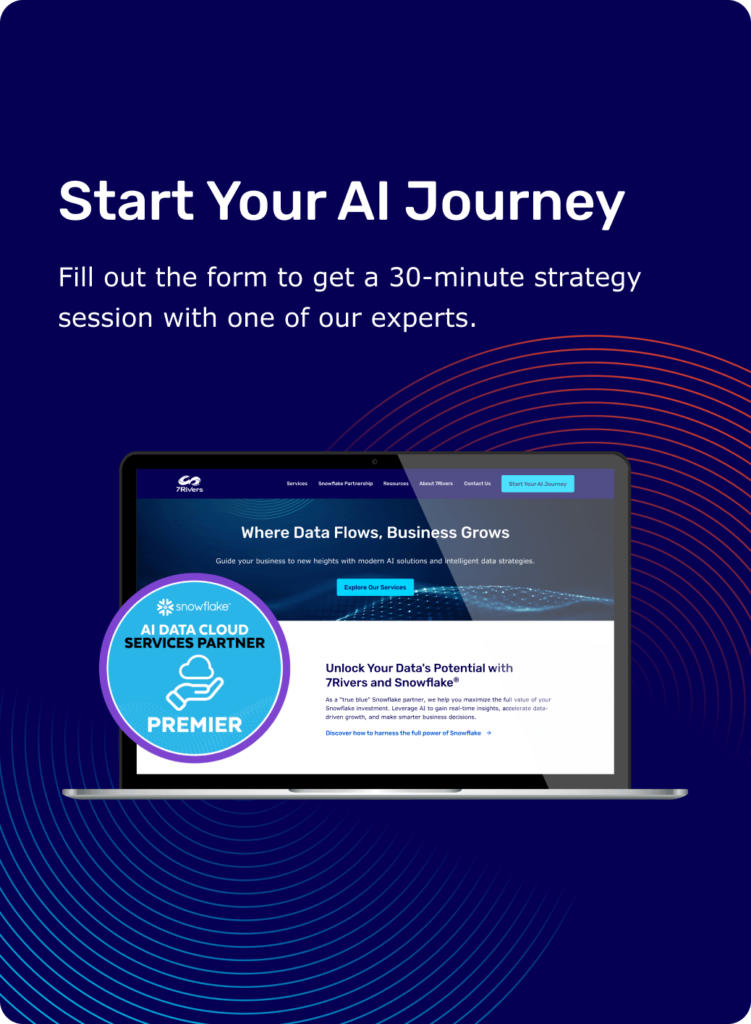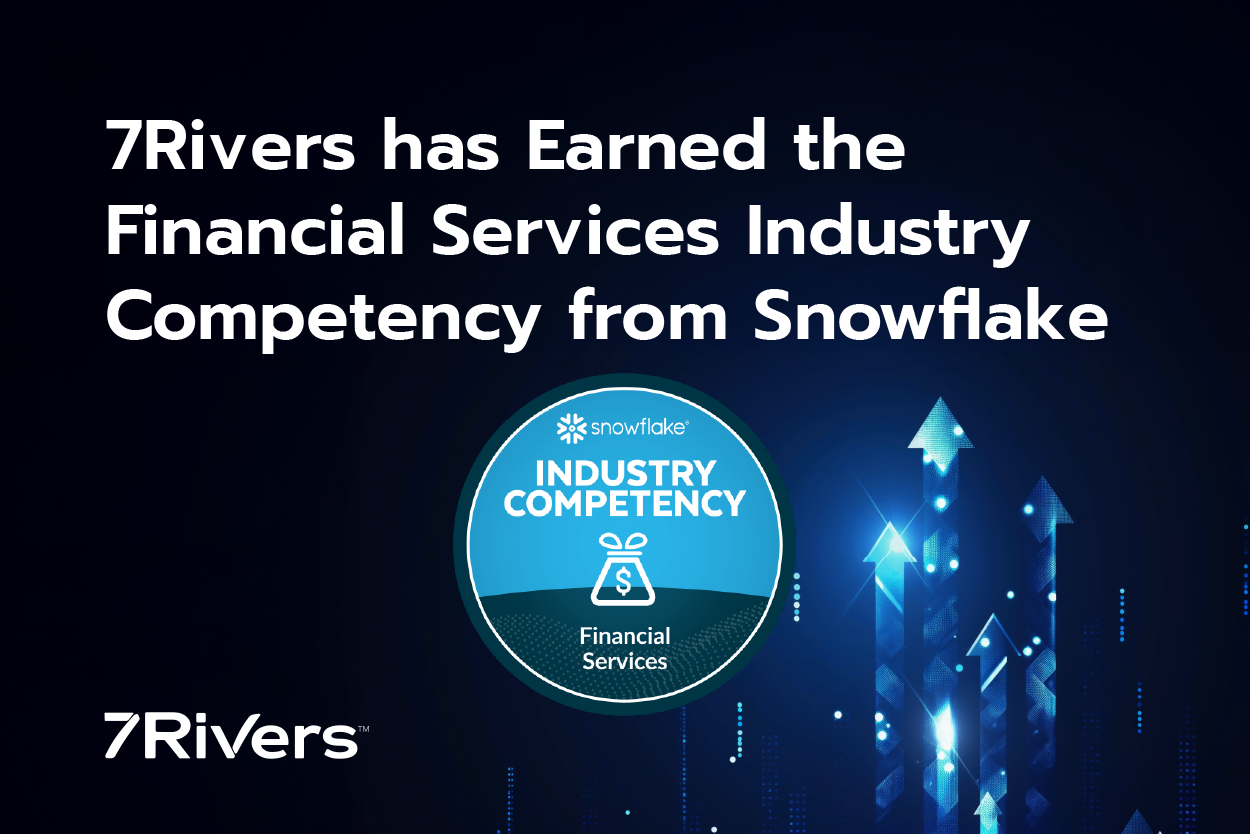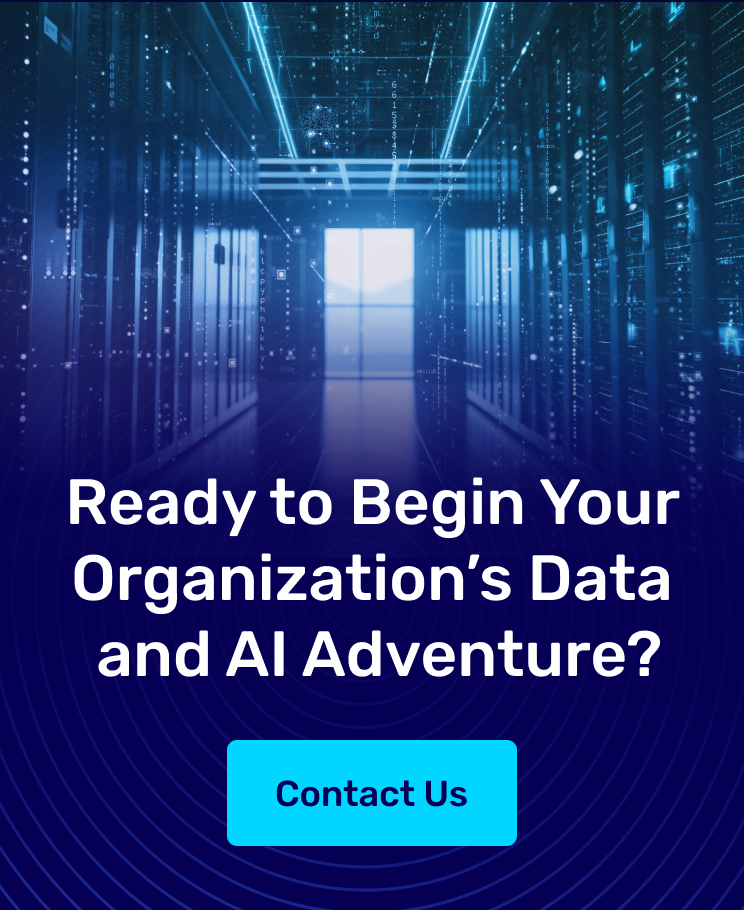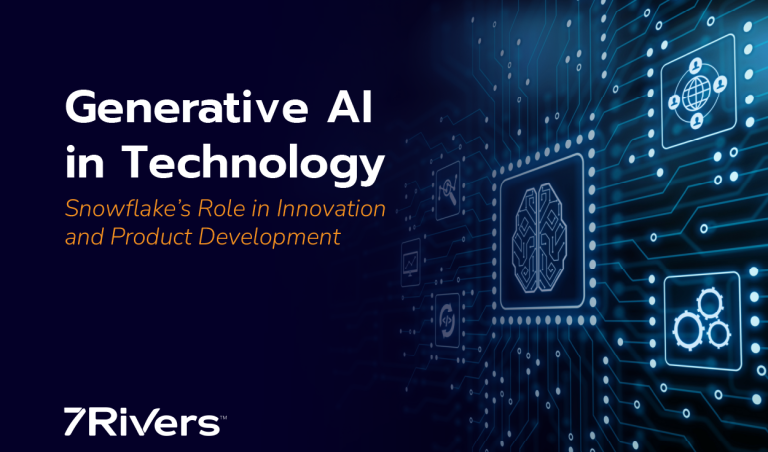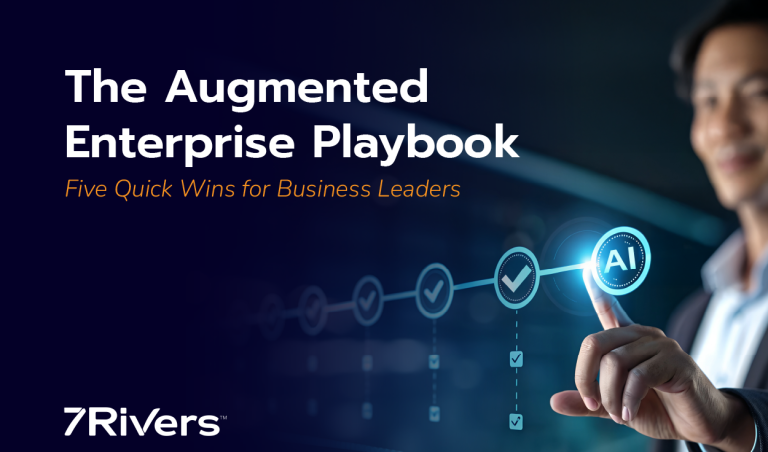Evolving Beyond Digital Transformation
The healthcare industry has been undergoing a digital transformation, shifting from paper-based records to electronic health systems, integrating telemedicine, and leveraging data analytics for improved patient care. While these advancements drive efficiency and better outcomes, they also introduce new security and privacy challenges as organizations become more data-driven.
However, digital transformation is no longer enough. Healthcare organizations must now evolve into an Augmented Enterprise—a next-generation model that integrates AI, automation, and secure cloud data architectures while ensuring robust security and privacy for patient data. As AI takes a more active role in decision-making, diagnostics, and operations, healthcare organizations must adopt advanced security strategies to protect sensitive patient information and maintain compliance with strict regulations like HIPAA and GDPR.
The Growing Need for Security in an AI-Powered Healthcare Environment
With AI and machine learning increasingly embedded in healthcare operations, organizations face a new set of security concerns:
- Increased Attack Surface: AI-powered systems interact with vast amounts of patient data, making them prime targets for cyber threats, including ransomware and phishing attacks.
- Data Sensitivity: Medical records contain highly personal information, requiring the highest levels of encryption and access control.
- AI Model Integrity: Malicious actors could attempt to manipulate AI models, leading to inaccurate diagnoses or treatment recommendations.
- Regulatory Compliance Complexity: AI-driven data-sharing models must comply with strict global healthcare privacy regulations.
Core Security Strategies for the Augmented Healthcare Enterprise
To ensure data security and maintain patient trust, healthcare organizations must implement the following strategies:
1. AI-Driven Threat Detection & Prevention
AI can be both an asset and a vulnerability. Leveraging AI to enhance security is critical to staying ahead of evolving threats. AI-driven security monitoring and anomaly detection can:
- Continuously analyze network activity to identify suspicious patterns.
- Detect unauthorized access attempts in real time.
- Flag unusual system behaviors that may indicate a security breach.
2. Zero Trust Architecture (ZTA) & Role-Based Access Control (RBAC)
- Zero Trust Security Models ensure that no one is automatically trusted, requiring continuous verification of users and devices accessing healthcare systems.
- Role-Based Access Control (RBAC) limits access to sensitive data based on job roles, reducing insider threats and data exposure.
3. Data Encryption & Privacy-Preserving AI
- End-to-End Encryption: Protects patient data at rest and in transit, ensuring that even if intercepted, it remains unreadable.
- Federated Learning & Differential Privacy: AI models can be trained across multiple healthcare institutions without exposing raw patient data, preserving confidentiality.
4. AI-Enhanced Compliance & Auditing
AI can automate regulatory compliance monitoring by:
- Scanning systems for compliance violations in real time.
- Generating audit trails for healthcare regulators.
- Proactively detecting and mitigating non-compliant data access.
5. Securing AI-Powered Patient Interactions
- AI chatbots and virtual assistants must be securely integrated with EHR systems to prevent unauthorized data leaks.
- AI-generated insights should be verified through human oversight to prevent potential misdiagnoses.
How 7Rivers Powers the Secure Augmented Enterprise in Healthcare
7Rivers helps healthcare organizations move beyond digital transformation and become fully AI-enabled Augmented Enterprises by implementing secure, AI-driven data ecosystems that prioritize patient privacy and compliance.
Key Solutions:
- AI-Infused Security Solutions: Implementing AI-powered threat detection, anomaly monitoring, and intelligent access controls.
- Data Strategy & Governance: Establishing policies to ensure AI models handle sensitive healthcare data responsibly.
- Privacy-Preserving AI & Federated Learning: Ensuring AI innovation while maintaining strict data confidentiality.
- Cloud Data Modernization: Moving healthcare data to secure cloud environments with automated compliance monitoring.
- AI Risk Mitigation Frameworks: Providing organizations with structured AI governance models to prevent data breaches and misuse.
Advancing Healthcare with Secure AI Integration
As healthcare organizations transition into Augmented Enterprises, they must rethink security strategies to harness AI’s full potential while ensuring patient privacy and compliance. By implementing advanced encryption, AI-driven threat detection, and Zero Trust security models, organizations can safeguard sensitive patient data while accelerating AI-driven innovations.
7Rivers is at the forefront of this evolution, helping healthcare organizations navigate the intersection of AI, data security, and regulatory compliance—ensuring a future where AI enhances care without compromising trust. Connect with us to learn more today!
